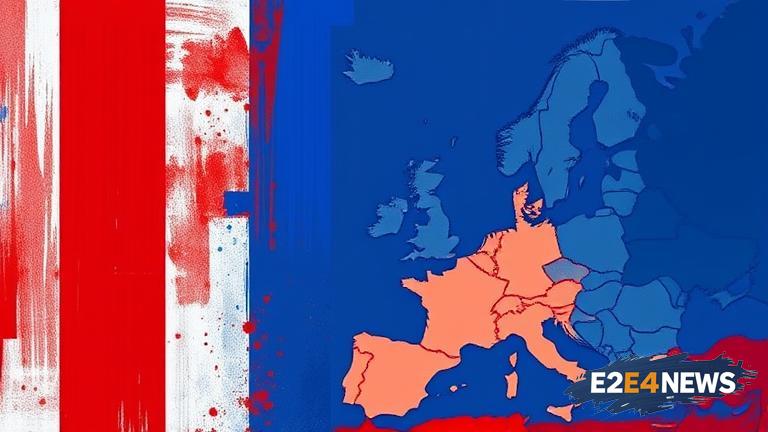Meta, the parent company of Facebook and Instagram, has announced that it will cease running political ads in the European Union by fall. The decision comes as a result of the EU’s new rules, which aim to increase transparency and accountability in online political advertising. The new regulations, which were introduced in response to concerns over the spread of misinformation and the manipulation of public opinion, require online platforms to verify the identity of advertisers and to provide detailed information about the ads they run. Meta has stated that it will no longer be able to comply with these regulations, citing the complexity and cost of implementing the necessary changes. The company has argued that the new rules will disproportionately affect small and medium-sized advertisers, who may not have the resources to comply with the regulations. The decision to halt political ads in the EU is likely to have significant implications for the upcoming European Parliament elections, as well as for the broader political landscape in the region. Political parties and campaigns will need to find alternative ways to reach voters, such as through traditional media or other online platforms. The move is also likely to be seen as a blow to freedom of speech and political expression, as it will limit the ability of individuals and organizations to communicate their views and opinions to a wider audience. However, others will argue that the decision is necessary to protect the integrity of the electoral process and to prevent the spread of misinformation. The EU’s new rules are part of a broader effort to regulate online platforms and to increase transparency and accountability in the digital economy. The rules are also intended to help prevent the manipulation of public opinion and to promote a more informed and engaged citizenry. Meta’s decision to halt political ads in the EU is likely to be seen as a significant development in this effort, and it will be closely watched by regulators, politicians, and civil society organizations. The company has stated that it will continue to work with regulators and other stakeholders to find ways to promote transparency and accountability in online political advertising, while also protecting freedom of speech and political expression. However, the decision to halt political ads in the EU is a significant setback for those who believe that online platforms should be allowed to play a greater role in the democratic process. The move is also likely to have implications for other online platforms, which may also be forced to comply with the EU’s new rules. As the digital economy continues to evolve, it is likely that we will see further efforts to regulate online platforms and to increase transparency and accountability in the digital economy. The EU’s new rules are an important step in this effort, and Meta’s decision to halt political ads in the EU is a significant development in the ongoing debate over the role of online platforms in the democratic process. The decision is also likely to have implications for the broader digital economy, as it will limit the ability of online platforms to generate revenue from political advertising. However, it is also likely to promote a more informed and engaged citizenry, as it will help to prevent the spread of misinformation and to promote transparency and accountability in online political advertising. In conclusion, Meta’s decision to halt political ads in the EU is a significant development in the ongoing debate over the role of online platforms in the democratic process. The decision is likely to have significant implications for the upcoming European Parliament elections, as well as for the broader political landscape in the region. While the decision may be seen as a blow to freedom of speech and political expression, it is also likely to promote a more informed and engaged citizenry, and to help prevent the spread of misinformation. As the digital economy continues to evolve, it is likely that we will see further efforts to regulate online platforms and to increase transparency and accountability in the digital economy.
